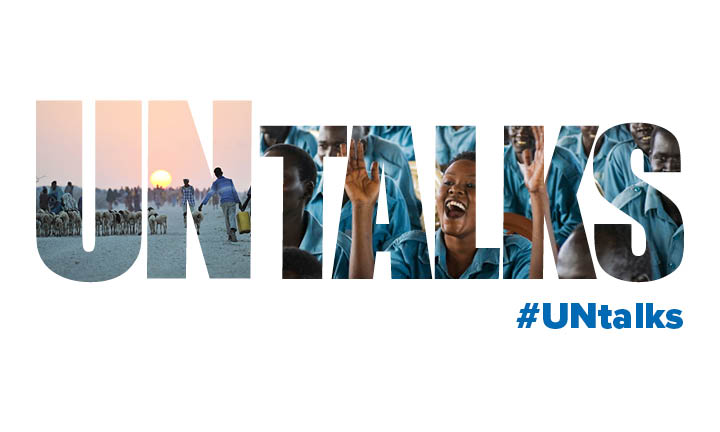Across the world, people increasingly demand more accessible and higher quality public services. The capacity of governments and public institutions to deliver services – such as sanitation, water, health and education – is affected by the ability of the State to manage core government functions. This can be more difficult in a development setting, including fragile, transitioning and post-conflict States, yet just as essential.
Do fragile and conflict-affected countries prioritise core government functions? Does this lead to more successful transitions towards peace? How do the experiences of countries transitioning out of violent conflict impact the level at which they invest in rebuilding core government functions? These questions were explored in the seminar using South Sudan and Myanmar as case studies.
Evidence of the connection between public spending/institutional restoration and resilience is sparse. UNDP therefore commissioned research with Oxford Policy Management to explore whether and how prioritising spending on core government functions can lead to more successful transitions towards peace in fragile and conflict-affected countries. The research examines five in-depth case studies in Colombia, Pakistan, Sierra Leone, Myanmar, and South Sudan in addition to general findings.
In this seminar, four experts discussed the insights of this latest research. They spoke of the UN’s role and how we can build on success and improve institutional delivery and accountability in contexts of continuing fragility, political uncertainty, and ongoing crises.

